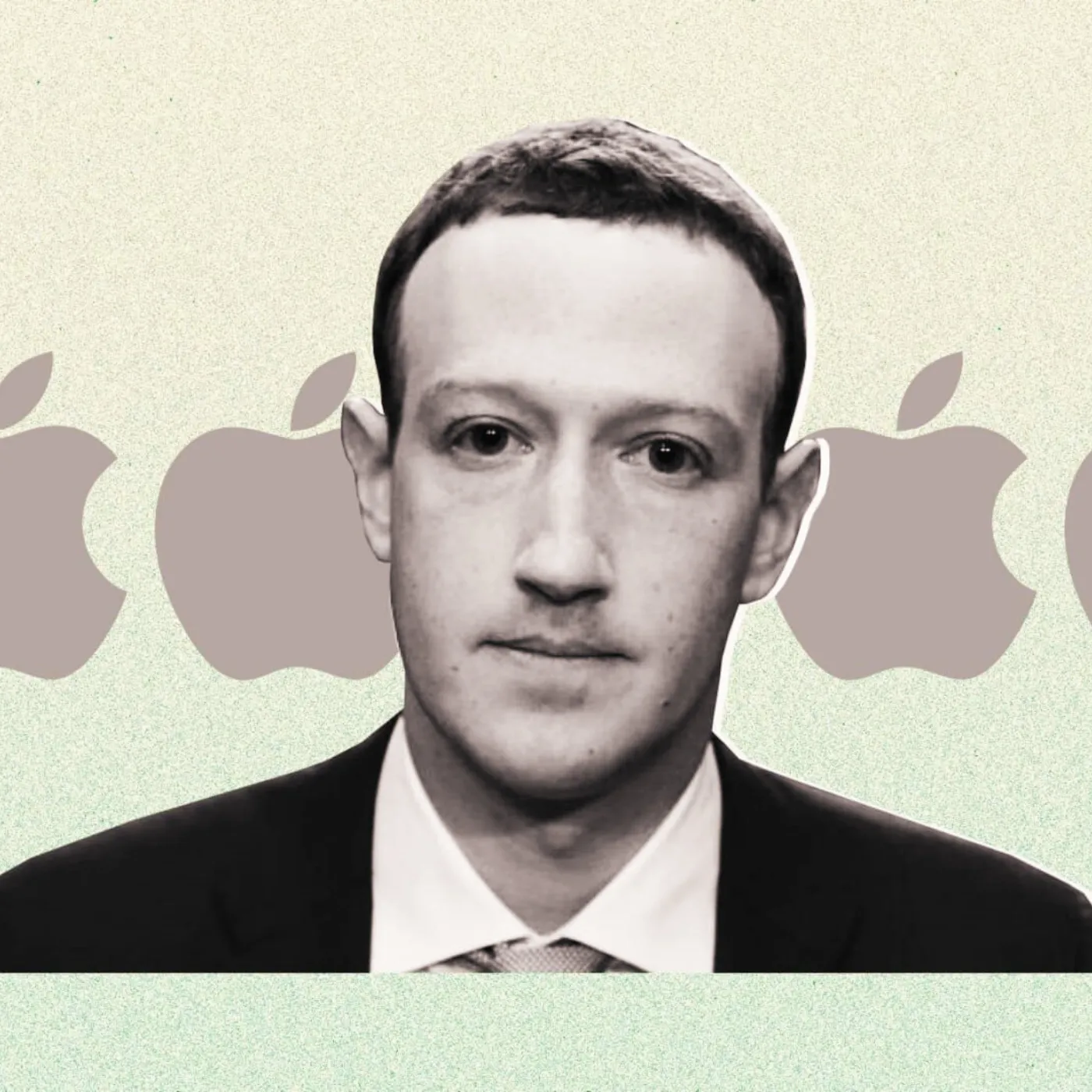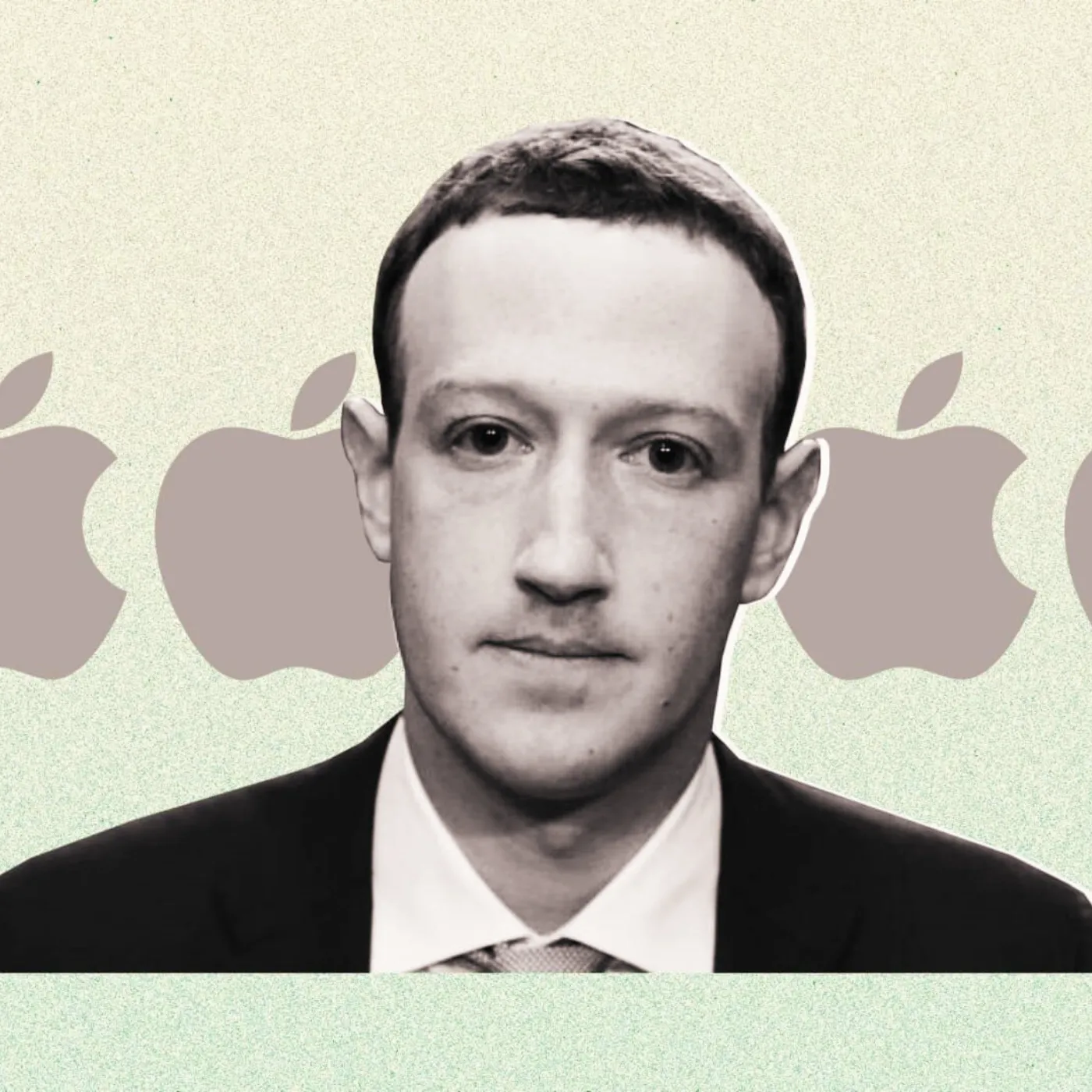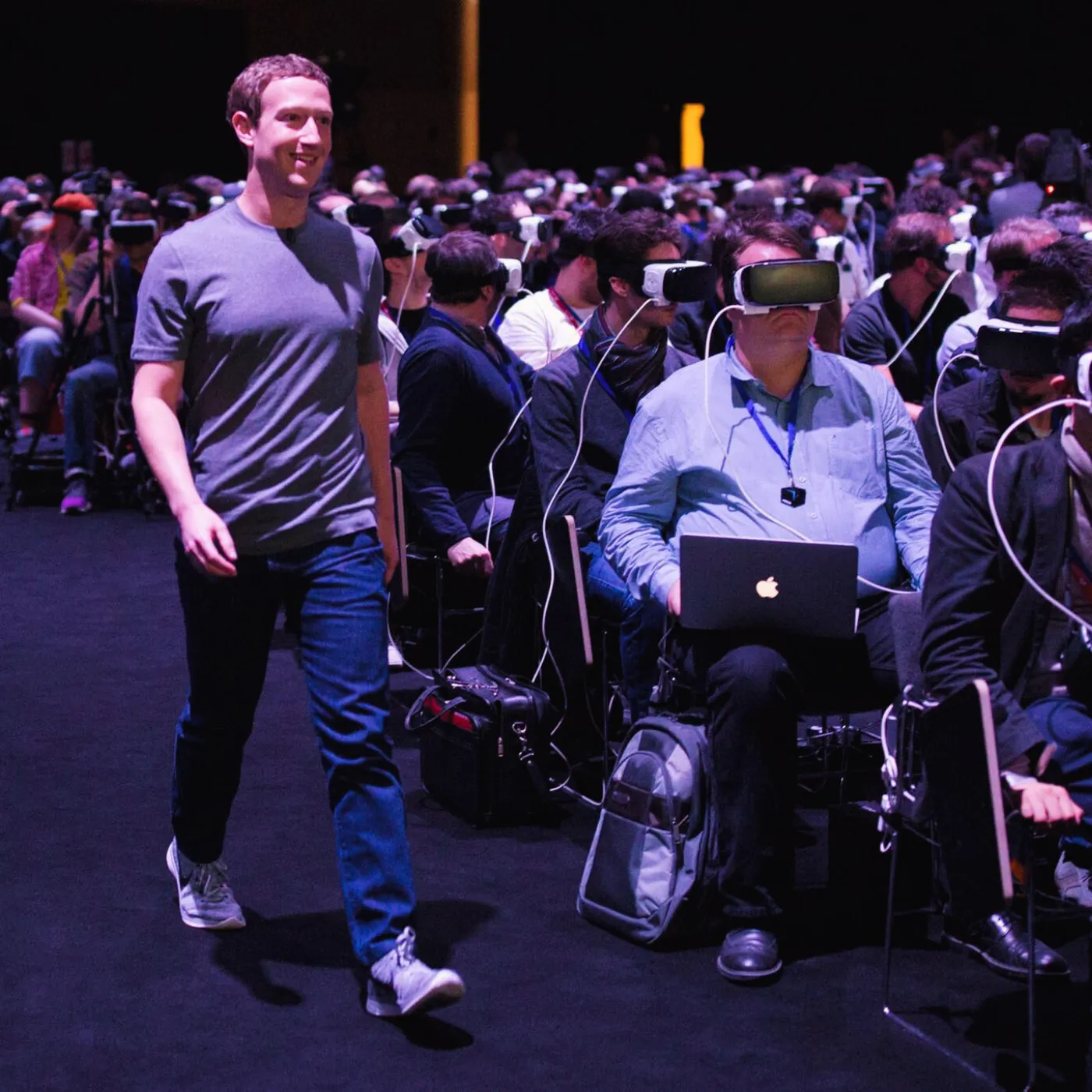

Mark Zuckerberg Calls Out Apple Over Furious App Restrictions
In the world of tech giants, a feud between Mark Zuckerberg and Apple is hardly surprising. These two powerhouse companies have been in the spotlight for their contrasting business philosophies, products, and even leadership styles. Recently, Mark Zuckerberg has once again publicly expressed his frustration with Apple, this time with a focus on the app restrictions imposed by the company. The tech mogul, whose company Meta oversees Facebook, Instagram, and WhatsApp, has gone on record to describe his feelings toward Apple’s policies as “deep bitterness.”

This feud is nothing new. In fact, Zuckerberg and Apple CEO Tim Cook have had a strained relationship for years, with their public disagreements mostly centered around privacy concerns, the App Store’s dominance, and policies affecting developers. However, the most recent comments from Zuckerberg have reignited discussions about the ongoing rivalry between these two tech behemoths.
In this article, we delve into the details of Zuckerberg’s complaints about Apple, what these app restrictions mean for both companies, and why the tech world is buzzing about this ongoing battle. Let’s break down the key points of Zuckerberg’s comments, explore the underlying tensions between these two industry giants, and look ahead at what this means for the future of the tech landscape.
Mark Zuckerberg’s Accusations Against Apple’s App Restrictions
Zuckerberg’s complaints about Apple’s app restrictions have been fueled by what he perceives as unfair practices on the part of the Cupertino-based company. The core of Zuckerberg’s argument revolves around the App Store’s control over the distribution of apps and the rules it enforces on developers. He has consistently argued that Apple’s restrictions are stifling innovation and limiting the ability of developers to create competitive products.
Zuckerberg’s remarks came as part of a broader conversation about Apple’s monopoly-like control over the app marketplace. While Apple has defended its policies as being essential for ensuring user privacy and security, Zuckerberg and others in the tech community believe that Apple’s real motivation is to protect its own business interests. After all, Apple takes a 30% commission on all app sales and in-app purchases made through its App Store. This revenue stream is crucial for Apple, making it clear why the company may be reluctant to allow other companies to circumvent its ecosystem.
Zuckerberg’s frustrations have boiled over in recent years, especially as Meta has attempted to introduce new features and tools for its apps, only to find Apple imposing limitations that hinder the functionality of those features. For instance, the ability to track user behavior across different apps, which is essential for Meta’s advertising model, has been significantly limited by Apple’s introduction of App Tracking Transparency (ATT). This feature requires apps to ask for explicit user consent before tracking their activity across different platforms, severely impacting Meta’s ability to gather user data for targeted ads.
The timing of Zuckerberg’s complaints couldn’t be more significant. As Meta pushes forward with its vision of the metaverse, which relies heavily on virtual and augmented reality, the limitations imposed by Apple could potentially undermine Meta’s business strategy. Apple, on the other hand, is also working on its own mixed-reality product, the Apple AR/VR headset, which could become a direct competitor to Meta’s plans. This rivalry, combined with the tension over app restrictions, has only fueled the animosity between the two CEOs.

Apple’s App Store and Its Stranglehold on Developers
Apple’s App Store has long been a point of contention in the tech world. Developers, especially those who run large-scale businesses like Meta, have raised concerns about the fees associated with selling apps and in-app purchases on the platform. Apple’s 30% commission on sales has been a topic of debate for years, with critics arguing that it’s an unfair tax on developers, particularly those who rely heavily on digital products and services.
For Zuckerberg, this issue is more than just about money. It’s about the ability of companies like Meta to compete in a marketplace that’s supposedly open and free but is actually governed by restrictive policies set by Apple. By controlling the rules of the App Store, Apple effectively holds the keys to the kingdom for millions of developers. This gives Apple unprecedented power to shape the direction of the mobile app industry and protect its own interests at the expense of competitors.
Apple’s response to these criticisms has been to defend its policies as a means of ensuring a secure and reliable user experience. The company has emphasized that its strict guidelines are designed to protect user privacy and reduce the risk of malicious apps. While there is certainly some merit to these claims, the reality is that Apple’s control over the App Store also serves its bottom line by limiting competition and reinforcing the dominance of its own products and services.
The Metaverse and the Battle for the Future of Technology
The stakes of the Zuckerberg-Apple feud go beyond app restrictions. In many ways, this conflict is emblematic of a larger battle for control over the future of technology. Zuckerberg has been betting heavily on the metaverse as the next big thing in tech, with Meta investing billions of dollars into virtual and augmented reality projects. For Zuckerberg, the metaverse represents the next evolution of the internet, where users will interact with digital environments in immersive ways that transcend traditional computing.
However, Apple’s entry into the augmented reality space, with rumors of a potential AR headset, poses a direct challenge to Zuckerberg’s vision. Apple’s ecosystem has always been tightly integrated, making it difficult for third-party developers like Meta to break in. If Apple succeeds in creating its own AR/VR platform, it could potentially overshadow Meta’s metaverse ambitions, especially given the loyal following of Apple’s user base.
In addition, Apple’s focus on privacy and user control may clash with Zuckerberg’s business model, which relies on gathering and analyzing user data to target ads. This is why Zuckerberg’s frustrations over Apple’s app restrictions go beyond simple business competition; they’re about a fundamental difference in philosophy when it comes to privacy, data usage, and the future of digital interaction.
Is the Feud Between Zuckerberg and Apple a Symptom of a Larger Trend?
The ongoing feud between Zuckerberg and Apple is not just a rivalry between two CEOs but a reflection of a larger trend in the tech world: the battle for control over digital ecosystems. As companies like Meta, Apple, Google, and Amazon continue to expand into new markets and technologies, the lines between competitors are becoming increasingly blurred.
This trend is particularly evident in the growing importance of virtual and augmented reality, where both Apple and Meta are vying for dominance. At the heart of this battle is control over user experience and the data that powers these digital environments. For Apple, the goal is to maintain a secure, private, and controlled environment for its users. For Zuckerberg, the goal is to create a platform that allows users to interact in new ways while still gathering valuable data to fuel targeted advertising.
This tension highlights the larger conflict between privacy-focused companies and data-driven businesses. As consumers become more aware of the privacy risks associated with digital platforms, the debate over how companies use data will only intensify.
What’s Next for Zuckerberg, Apple, and the Tech Industry?
While it’s unclear how the Zuckerberg-Apple feud will unfold, it’s clear that this is not just a temporary spat between two CEOs. This rivalry has significant implications for the future of technology, particularly in areas like the metaverse and virtual reality. As Meta and Apple continue to develop their competing products, the lines between digital ecosystems will continue to blur, with each company trying to carve out a niche for itself.

For Zuckerberg, this feud is not just about app restrictions; it’s about positioning Meta as the leader in the next era of digital interaction. Whether he succeeds will depend on Meta’s ability to navigate the challenges posed by Apple’s platform and convince users that its vision for the metaverse is the right one. For Apple, the company’s challenge will be to balance its commitment to privacy and security with the growing demand for immersive technologies that require new kinds of user data.
As the tech world watches closely, one thing is certain: the battle between Zuckerberg and Apple is far from over, and the outcomes will shape the future of digital interaction for years to come.


















